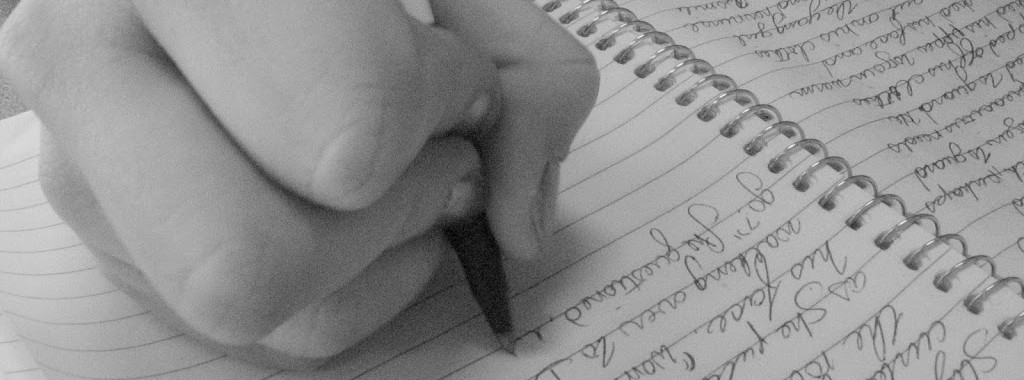I always hated journaling. When I was a young intern in my 20’s I absolutely hated Tuesday morning as it was journaling time. My other intern colleagues would open their books and just write. I would stare at the blank page and start to sweat. I am sure my supervisors thought I was wasting time…They told me as much… but I just couldn’t put pen to paper and make sense of my world.
Four years later as I was completing my final placement for my youth work degree I was again thrust into the world of journaling. I still hated it. This time my pen to pare looked more like case notes than critical reflections. This is what I did… This is what I saw… This is who I met with… and on I went. My supervisor rebuked my lack of insight into the work we were doing. I really hated reflective journaling.
About four years ago now I was in a very sticky situation at work. Suffice it to say I was a mess. one of my mentors suggested that I journal my experience and the groan and roll of my eyes told him just how much I was looking forward to that idea. But the old Vietnam vet wouldn’t leave well enough alone. He dug in and asked me what I had done previously that made me hate the idea of reflective writing. I told him and this time he groaned and rolled his eyes. The next hour or so changed my mind on reflective writing and set me on a course to leading other there.
Reflective writing is not a chronicling of events, a case note or even a dear diary entry. It is the systematic untangling of the intangible and the obscure. It is making sense of the senseless. It is opportunity to grapple with feelings and values when we feel like we are drowning in emotion. Over the years I have read widely on reflective writing and here are a few of my favourite kick starters.
-
Write about the situation that is causing you concern from a different vantage point. The clients, a parents the fly on the wall.
-
Spend five minutes free writing (what ever comes out of the end of the pen when you put it to paper) then pick one idea or word from that and write about it.
-
List all your feelings about a situation and then write for five minutes about one of them.
-
List all the people involved in a situation and then write a short bio as if they were actors and the situation is a play.
-
Write a letter to yourself about the situation in the third person
-
Write a letter to a child about why you love your job
These are just a few ideas that I have used to jump start my critical reflections over the years. They may not all work for you, the trick is to just do something.
P.S. I still hate writing but the therapeutic and supervisory gold that comes from reflective writing cannot be underestimated.


Great advice! So often I find that when I am struggling with a situation it is because of some sort of communication breakdown and thinking (and writing) about a situation from a different standpoint can help me to understand better where I and they are coming from. Sometimes it may be because I have not been as receptive and empathetic as I should have been, and sometimes it is because they have not effectively communicated with me. Either way, me internally communicating with myself in my head or on paper always helps to find a new way forward which usually involves improved understanding and therefore communication. Effective communication with yourself leads to be more effective communication with others!